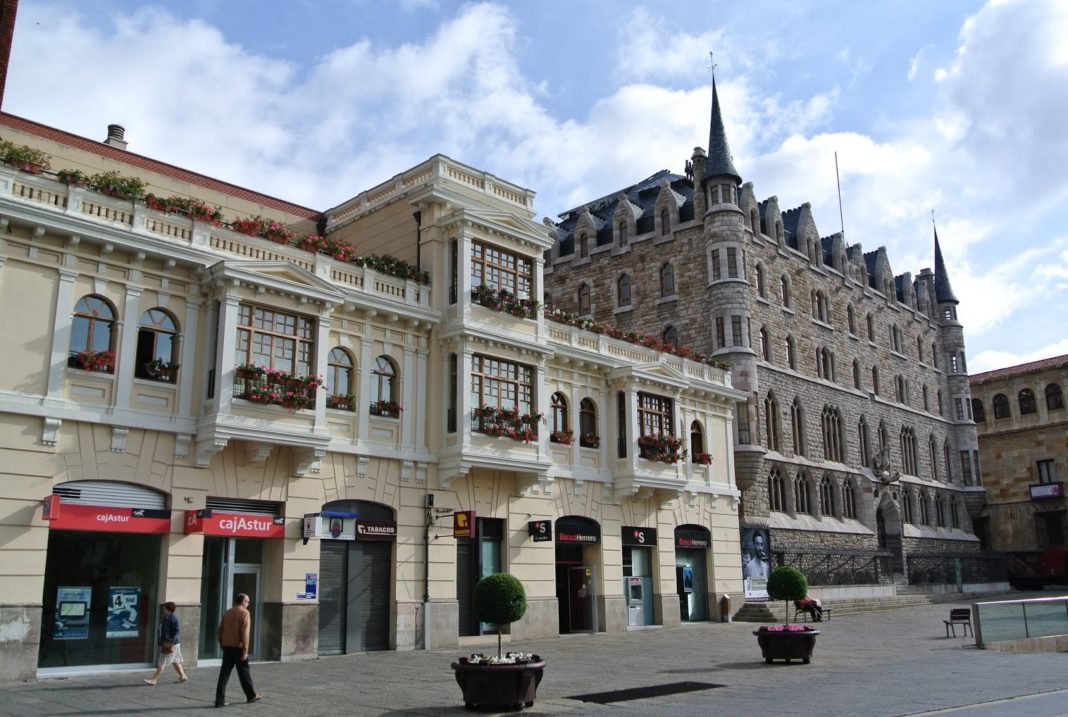As Madrid reinstates lockdown restrictions across the city to combat the rise in coronavirus infections, two other midsize Spanish cities have also been ordered by the regional authorities to apply a number of restrictive measures. The residents of León and Palencia, which are in the northwestern region of Castile and León, will not be able to leave the city limits as of Tuesday.
As Madrid reaches over 850 infections per 100,000 people, both León and Palencia have reported 500 cases per 100,000 people. This is a substantial number considering that London has 650 infections per 100,000 residents.
The number of infections highlights the fact that the second wave of covid-19 infections is not only a problem in the Spanish capital, and has now spread to the country’s other regions. According to the New York Times database, Spain has seen 73,451 new cases over the last seven days. On average, this works out to be 157 new cases per 100,000 people. On Monday, just under 11,000 people were being treated for the virus in hospitals, with 1,580 people in intensive care units.
It is little surprise that these numbers have placed Spain’s health system under enormous pressure. Last month, Madrid-based pediatrician Natividad Gil García said that the capital’s health care system was collapsing. “In the next two weeks, if we continue like this, it will definitely sink. Normally, in September and October I used to have between 20 and 30 children a day, but this year I’m already having 55 even though some year groups haven’t already gone back to school.”
Gil, as well as many other healthcare professionals, recommends early intervention when it comes to ensuring that people’s immune systems are ready to deal with the strain of the upcoming flu season. The spokesman from SUPPLEMENTnation.co.uk agrees. “The best strategy for dealing with the uncertainty of the current situation is keeping ourselves and our loved ones in the best shape possible. This means plenty of exercise and nutritious food and supplements that contain immunity-boosting vitamins such as vitamin B, C and D, as well as zinc.”
Spain lifted its first lockdown in June, with the country one of the worst-hit in Europe by the virus. After three months of severe restrictions, the country’s shops, bars and restaurants once again started to open their doors for business. Nevertheless, it is likely that this has contributed to the recent resurgence of the pandemic in the country.





